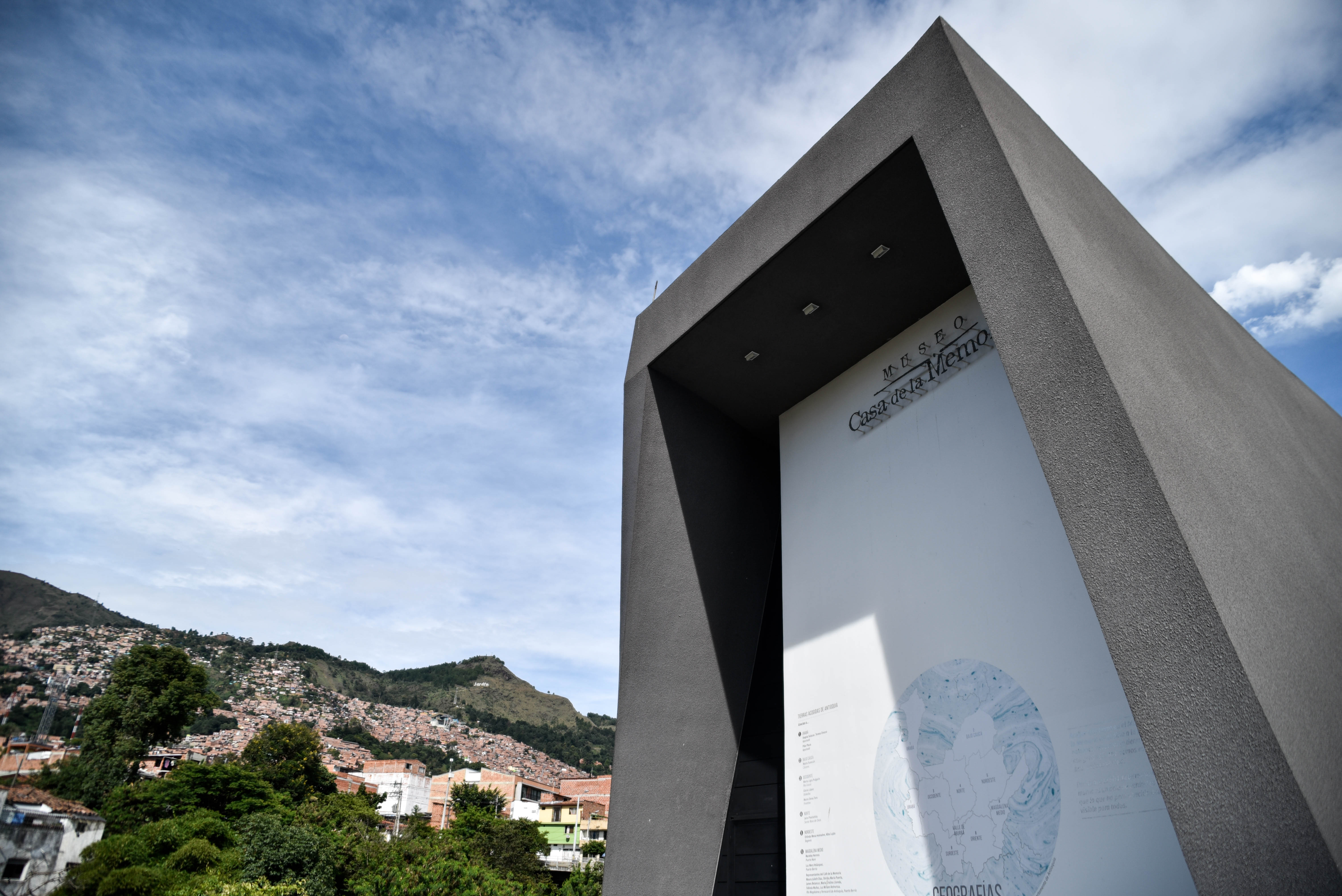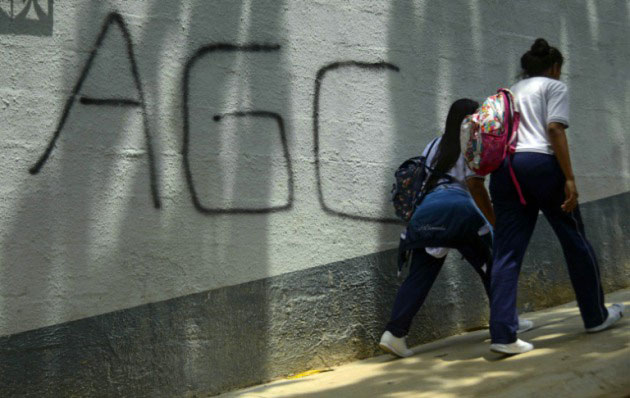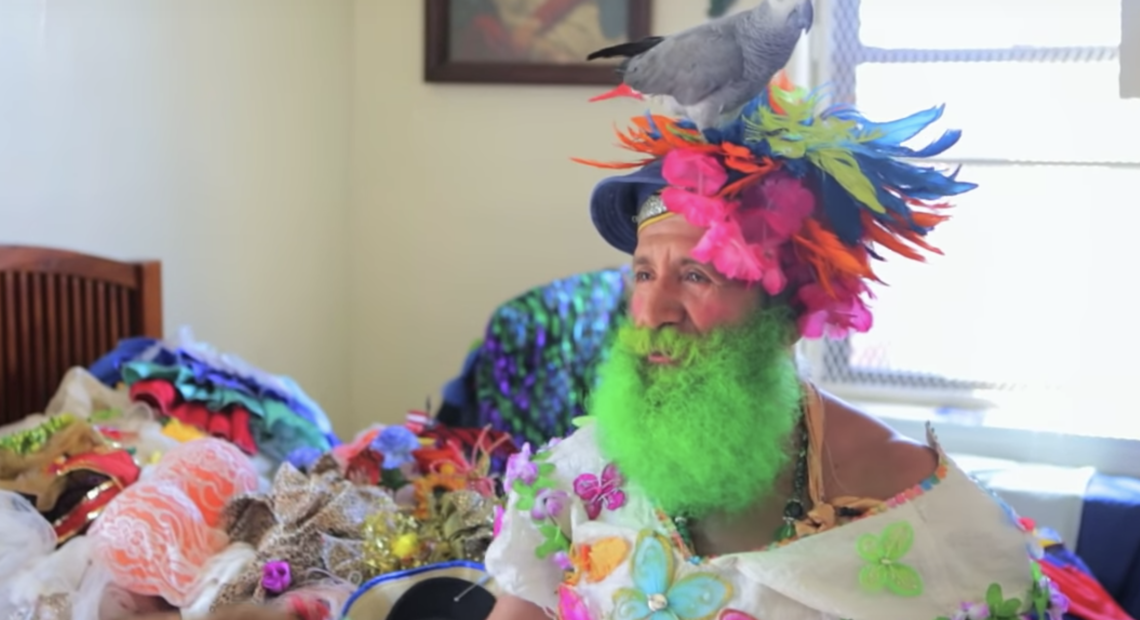Oli Pritchard catches up with highly-rated British songsmith and former music journalist Sylvie Simmons before her arrival in Bogota for FILBo 2015
Sylvie Simmons is coming to FILBo to speak about her music books and play tracks from her debut album, which has garnered a slew of top reviews. Her visit comes hot on the heels of her successful appearance at the Hay festival earlier this year. Sylvie went to Cartagena ostensibly to discuss her acclaimed biography of Leonard Cohen, but it was her performance on stage afterwards that prompted FILBo to invite her back to Colombia.
Like Leonard Cohen, Sylvie’s debut album has come unusually late, though she’s been in the music world as a writer and journalist for most of her life. Or longer, even, as she tells us: “I’ve been a music nut right from the egg, but in my teens I had terrible stage fright. I compare it to doing a bungee jump or something similar, that I would do anything, I would give you anything, just to not have to do it. I guess it’s a cliché, that all music journalists want to be stars, but I was never that way. I loved – still do – writing, and always saw that as my job.”
Sylvie Simmons did a tour to promote her Cohen book and, in her words, “a little like Freddy Mercury”, thought “I want to break free”. She started performing a few Cohen numbers on stage. “I’m like a Leonard Cohen jukebox,” she says. “I love his work so much that I know all the songs by heart. For some reason, it felt easier doing that to small groups than it had in my teens”.
Listening to the album, it seems to me that Cohen was a big influence on Simmons’ work, though she disagrees. “Musically we’re different, but it’s true that we share a melancholy tone. That’s not to say depressing…people get confused between deep and depressing. They have similar roots linguistically, but they’re different things emotionally. I’ve also been compared to Jane Birkin, who I also chronicled, so there’s different ideas on my sound. I think the ukelele makes me sound melancholy but melodic, it’s an instrument that doesn’t have an attitude, so it allows people to focus on my lyrics”.
This brings us to the question of that ukelele, which is an odd choice indeed. A whimsy, perhaps, or a deliberately leftfield choice? “I’d just moved to the States, and so everything was in storage and I had nothing to play. A friend of mine left his ukelele in my house, and so I picked it up. I played it through the night, just fiddling about, but I couldn’t stop so he bought me my own just to get his back! I had been playing the banjo before that, but the neighbours were complaining about the noise…so the ukelele was a happy accident but the perfect choice. Serendipity”.
It’s a strange instrument, often associated with comedy and mucking about, so it’s at first jarring to hear these types of songs played on a uke. “That’s true…” says Sylvie, “I think most people use ukes as substitute guitars, which is all wrong. They have no sustain, so you can’t play a chord and hold it, that sounds ridiculous on a uke so you have to use it another way. To me, the first time I heard a ukelele, I thought it sounded like a heartbroken guitar, very melancholy. Quite the opposite from the typical types of song, and very much suited to my music. You have the chance to use these wonderful melodies, and in the end it’s more about the music than the instrument”.
A thoughtful approach to a much-maligned instrument, which too often is played in a way that sounds like tiny pixies jabbing sewing needles into one’s eyes. “Oh god, yes. If I ever played like that, I think the audience would unbolt the chairs and come at me like a mob. And I think they’d be right. I’d applaud them with my dying breath for making the right decision as they killed me”.
It is clear from our conversation that Sylvie Simmons has superlative, if eclectic, musical taste. But how much does she know about Colombian music? “I have to say I was pretty ignorant about Latin music and I had it all filed in one spot, when it’s actually rather diverse. I think some things are similar to my music though, that they sing from the heart, with knowledge and wisdom. There’s clearly a respect for older singers, which I think is great”.

Sylvie interviewing Leonard Cohen for the book: I’m Your Man: The Life of Leonard Cohen. Photo: Leonard Cohen
Sylvie Simmons raves about Cartagena and is clearly looking forward to returning to Colombia. “It was a lot of fun…I was interviewed by Jacobo Celnik, who’s a well known journo here, about the book. Afterwards, I played a few of my songs as well as some of Leonard’s. I was thrilled by the response. Although I’m singing in English, I think they really connected with the delivery at least, and the mood of the songs. Afterwards, several men came to me crying – one kissed my hand to say thanks! – which would be unthinkable of an English or American audience”.
How does she expect to find Bogota? “As a freelancer I don’t get many vacations, so I’m looking forward to discovering another part of Colombia. I’ll be like a little Crocodile Dundee, but with a uke instead of a knife!”
What, then, can we look forward to at Simmons’ gig on May 2? “Well, I’ll play the songs from the album, of course, but also some older songs that I’ve had for some time. There’ll be a couple of the Cohen love songs too, and I sometimes do requests. I do have a couple of songs you could put handbags down and bop around to, so let’s see if we can get a dancefloor going! My producer plays his music to his baby daughter to get her asleep, and a few of my friends’ dogs like it. Also, my gay friends all love the music! All of those types of people are welcome!”. There’s thankfully no shortage of babies, dogs or gay people in Bogota, so get your tickets fast!
Details:
Saturday May 1, 5pm, ‘Que Viva La Musica,’ a staged interview and music event, Carpa Arcadia Suena
Saturday, May 2, 3pm, concert with Nicolás Holguín, Carpa Arcadia Suena






